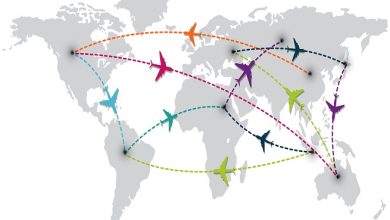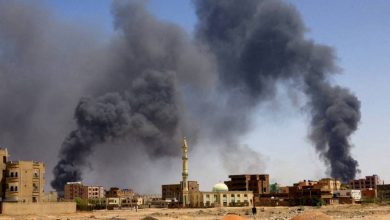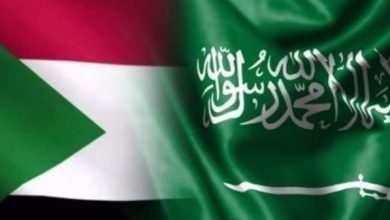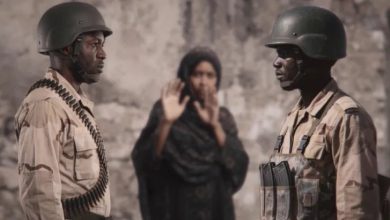The Democratic Bloc and the Sudanese Crisis…. Expected Activity
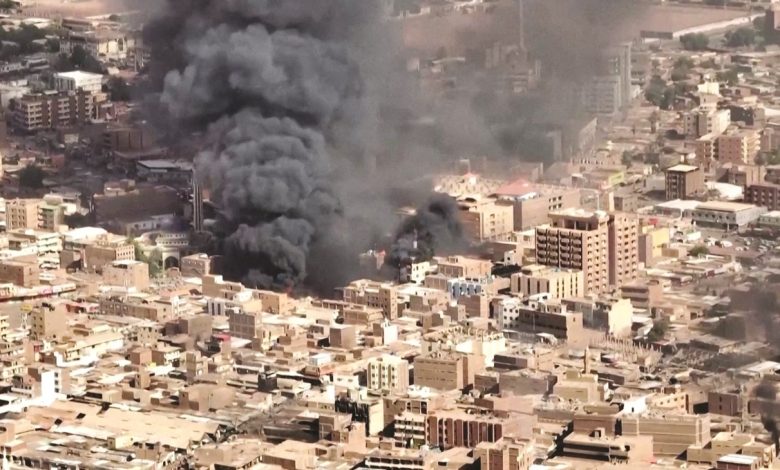
Report – Sudan Events
After a period of stagnation, it seems that a role awaits the Alliance of the Forces of Freedom and Change – the Democratic Bloc, to contribute to resolving the Sudanese crisis, the difficulties of which are increasing with the prolongation of the war led by the Rapid Support militia against the army, which broke out in mid-April 2023.
The “Democratic Bloc” includes influential political forces and movements in the Sudanese arena, and carries a vision that seems more comprehensive than other components in the political scene, which adopt visions that exclude important elements, and develops a road map that may complicate the scene more and more.
The bloc initiated a new movement after the absence of its initiatives and visions from the scene since the famous meeting it held in the Eritrean capital, Asmara, and it seems that it has decided to melt the ice and move in all directions.
It initiated a new movement, following an important meeting it held in the Egyptian capital, Cairo, on Sunday, in which it identified the main features of its next steps.
Asmara Declaration
Last September, the bloc held meetings in Eritrea and adopted the Asmara Declaration, which proposed a two-year transitional period at the top of which would be a sovereign council of 5 civilians and 4 military personnel representing the country’s regions, with the Sovereign Council headed by the Commander-in-Chief of the Army.
The declaration also detailed the issue of the system of government and the Legislative Council, paving the way for political and societal forces to participate with complete freedom in shaping the features of the next stage and returning to the democratic constitutional situation after holding the electoral entitlement, after choosing a consensual prime minister.
On that day, the Democratic Bloc decided to develop a plan of action towards several countries to explain the developments in the situation and the dangers of partial solutions and to work to encourage the idea of Sudanese-Sudanese dialogue.
The bloc delegation was scheduled to visit South Sudan since last November, but the southern government postponed the bloc’s meeting with President Salva Kiir Mayardit more than once.
Wider plan
At its meeting in Cairo on Sunday, the Democratic Bloc approved a plan for broad contacts with the regional and international community and numerous visits to neighboring countries, in order to present its vision for resolving the Sudanese crisis and stopping the war, and to develop a positive role for the outside towards the Sudanese crisis based on the principles of respecting the sovereignty of state institutions and preserving the unity of the Sudan and facilitating a comprehensive Sudanese dialogue.
It revealed a visit to Juba, the capital of South Sudan, early next February, in response to an invitation from President Salva Kiir Mayardit
It renewed its commitment to supporting state institutions and the armed forces, and praised the steadfastness of the Sudanese and the cohesion of the social fabric despite the bitter repercussions of the April 15 war.
What is new is that the bloc approved a revitalization plan that includes visits initiated by the bloc’s leaders to the states of the East, North, and Darfur in support of the popular mobilization campaign organized in the country and to support the masses, get first hand feeler with the grassroots, and strengthening the social fabric.
It also announced launching of a number of meetings with Sudanese political forces in its quest to reach a broad national movement that supports the unity of Sudan and its institutions and to find common ground that establishes a rational and responsible national role for the civil forces.
The head of the bloc’s political liaison committee, the governor of the Darfur region, Minni Arko Minawi, revealed that the Democratic Bloc’s meeting comes in preparation for holding broad consultations on expanding the bloc and alliances.
He said in a blog post on the (X) platform that he also discussed how the bloc deals with the rest of the Sudanese political components as part of its search for building a constitutional state from among the rubble of war.
The Democratic Bloc includes the original Democratic Unionist Party, led by Jaafar al-Mirghani, who heads the coalition, the Sudanese Justice and Equality Movement, led by Jibril Ibrahim, the Sudan Liberation Movement, led by the governor of Darfur, Minni Arko Minawi, and other civil forces and armed movements.
It is expected that the movement of the “Democratic Bloc” forces will contribute to creating new variables in the political scene in which specific civil forces are moving according to a specific vision, as well as creating a new ground for the forces that have remained outside political action until now.
